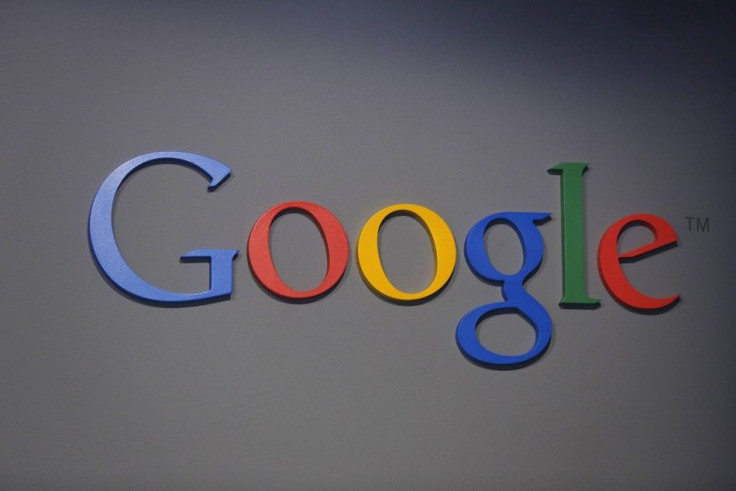Google Impact Challenge Lands Down Under

Google Impact Challenge had landed Down Under following its run in India, Brazil, UK and the United States.
Google Impact Challenge is welcoming all Australian non-profit organisations with Deductible Gift Recipient (DGR) status to submit their applications and pitch their vision on how they will use technology to change the world for a chance to receive a $500,000 grant.
"We all wish for a better world, and if you're an Australian non-profit, you can submit your proposal for the chance to make a real impact and positive change," Google wrote in its Web site.
The application ends on July 29 and ten finalists will be announced in October. The public will then cast their votes on four projects they deemed deserving of the Google grant. Two weeks after the ten finalists were chosen, Google's panel of judges, together with the public vote, will award $500,00 to the four deserving projects.
"From conceiving the Hills Hoist to inventing the bionic ear and WiFi, Australia has a rich history of innovation, fuelled by a desire to solve tough problems with technology solutions. We believe technology can help solve some of the world's most pressing challenges, and today we're announcing a new program to support Aussie innovators in the non-profit sector who want to use technology to make an impact," Alan Noble, Director of Engineering, Google Australia posted.
The panel of judges include Glenn McGrath, media executive Kim Williams and photographer Anne Gedes.
Meanwhile, two Australians have been recognised with Google PhD Fellowship Program.
Guosheng Lin, from the Australian Centre for Visual Technologies at the University of Adelaide was awarded the Google Australia Fellowship in Machine Perception Research for his work in binary code learning with deep neural networks for image retrieval.
Kellie Websters from the School of Information Technologies at the University of Sydney, was awarded the Google Australia Fellowship in Natural Language Processing for her work in efficient cognitively informed coreference resolution.





















